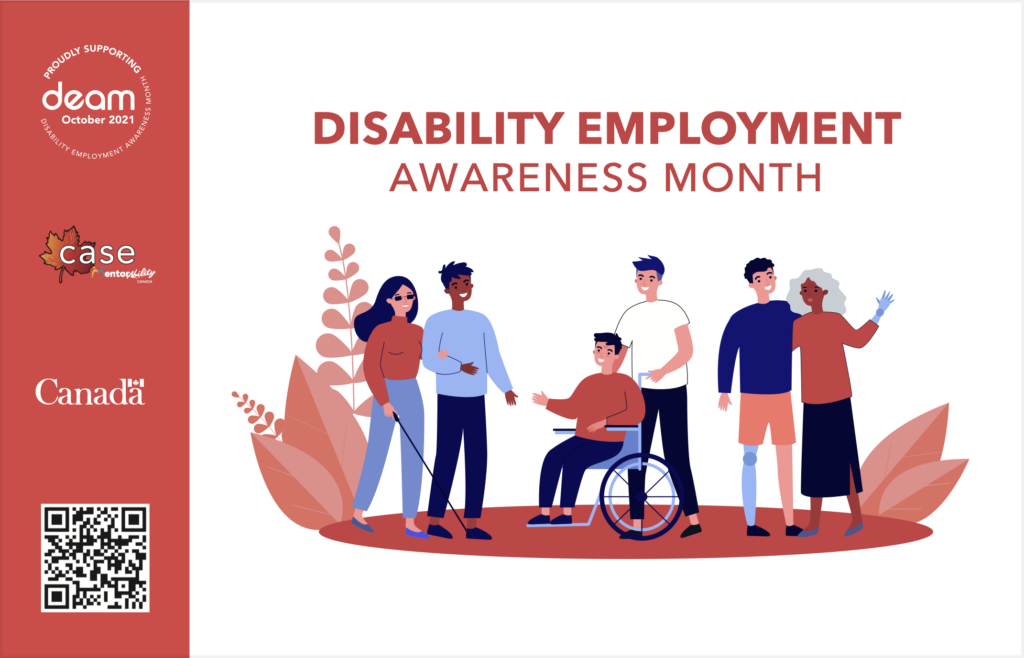Disability Employment Awareness Month is a national holiday that happens annually in October. The purpose of this month is to raise awareness of the importance of disability inclusion and celebrate the contributions that people with disabilities have made to the workforce.
Everyone has the right to work. Employment can be beneficial for people with Fetal Alcohol Spectrum Disorder (FASD) for many reasons. Fulfilling employment can help with the development of positive identities, improve self-esteem and self-worth, and encourage more independence. Employment can also be a protective factor against some of the adverse outcomes commonly associated with FASD, such as substance use, mental health issues, and trouble with the law.
While there are many benefits to employment for individuals with FASD, there can be many challenges joining the workforce. Many employers are unaware of the impacts of this disability and the accommodations that are needed to support people with FASD in the workplace. Individuals with FASD may choose not to disclose their disability out of personal choice, fear of judgement, or stigma. When unsupported, people with FAD may experience a number of challenges succeeding in the workplace because of their disability. However, with specific accommodations, individuals with FASD can be a great asset to the workforce and their employers.
In our Guide for Employment Professionals: Supporting Employment in Adults with FASD, we have outlined key factors to achieving and maintaining positive and productive employment.
- Wellbeing: If someone is not in a place of general well-being, it will be more challenging to become successfully employed. People with FASD should have their basic needs met and have access to a dedicated support system to ensure employment success.
- Preparing for Employment: Once someone is in a state of well-being, they can start to learn the skills they need to become employed. For people with FASD, this may include communication and social skills, stress management, time management, self-advocacy, and teamwork. Preparation also ensures that the job the person is seeking is a good fit for their skills and challenges.
- Obtaining Employment: When the individual is in a state of good well-being and they have developed appropriate skills and strategies for the workplace, they can begin looking for positions that are a good fit for their skills and challenges. Finding these jobs may involve some creativity.
- Maintaining Employment: Once an individual has found employment, they must continue to make sure that the job duties, hours, and expectations align with their needs and career goals and interests.
Equitable employment is a human right. As we celebrate the employment of individuals with disabilities throughout the month of October, we encourage everyone to ensure their workplace is inclusive for people with FASD. The best way to do so is by learning more about FASD and how to support those with this disability.
Happy Disability Employment Awareness Month!
